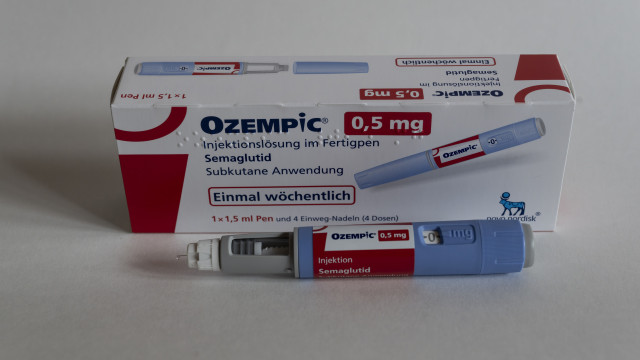There is a shortage of glucose sensors in pharmacies, an issue that the National Pharmacy Association (ANF) reports worsens during the summer months. The National Authority for Medicines and Health Products (Infarmed) attributed the scarcity to a “significant increase in demand,” noting that Abbott, the company supplying the Portuguese market, is “reassessing the distribution criteria for pharmacy allocations.”
“This system, where a laboratory sends each pharmacy the amount it sees fit based on a history that doesn’t reflect the needs of each pharmacy, introduces market discretion,” stated ANF President Ema Paulino, speaking to the RTP.
Ema Paulino also noted that “athletes or even pets can use these sensors for other purposes, such as controlling the glycemic index,” and that pharmacies cannot “discriminate who gets them.”
“When we receive a medical prescription, we must fulfill it,” she said.
Since August 8, only doctors specializing in endocrinology and nutrition, internal medicine, pediatrics, and general and family medicine are authorized to prescribe interstitial glucose monitoring sensors and GLP-1 receptor agonist medications (semaglutide, dulaglutide, liraglutide, and exenatide). This includes Ozempic, designed to treat type 2 diabetes but also used for weight loss and obesity control.
The Ministry of Health justified this decision by citing “widely recognized difficulties” in accessing these treatments and reports of misuse. The aim is to “regulate and correct these distortions, ensuring effective and adequate access to these essential health tools.”
According to Ema Paulino, if this legislation ensures “that these devices are prescribed only to those who truly need them,” glucose sensors “should be in the normal distribution circuit, like all other medicines and medical devices, where pharmacies request them as needed.”

Injectable medications and diabetes sensors can only be prescribed, starting Friday, by certain medical specialties, a measure specialists welcome but consider overdue and potentially insufficient to resolve treatment access issues.
Lusa | 10:33 – 07/08/2025
According to Infarmed, Abbott’s reassessment aims to “ensure greater equity in allocation and strengthen supply to smaller pharmacies,” reported the Jornal de Notícias.
The same outlet indicated that, based on regulator data, around one hundred thousand sensor units are currently available for the Portuguese market each month, marking “a 7% increase from 2024.”
However, the agency emphasized the “essential need to ensure their availability rationally, prioritizing type 1 diabetic patients and avoiding practices that could jeopardize their access.”
Notably, at the end of January, Infarmed announced the initiation of “a comprehensive process of audits and inspections across the medication supply chain, from manufacturer to market authorization holders, distributors, pharmacies, and the health system,” considering “the analysis of usage data available at the end of 2024.” The regulator assured the JN that “audit and inspection actions on antidiabetic medications continue among various supply chain agents, including Market Authorization Holders, wholesale distributors, and pharmacies.”
The Notícias ao Minuto contacted the ANF and Infarmed for further clarification.




